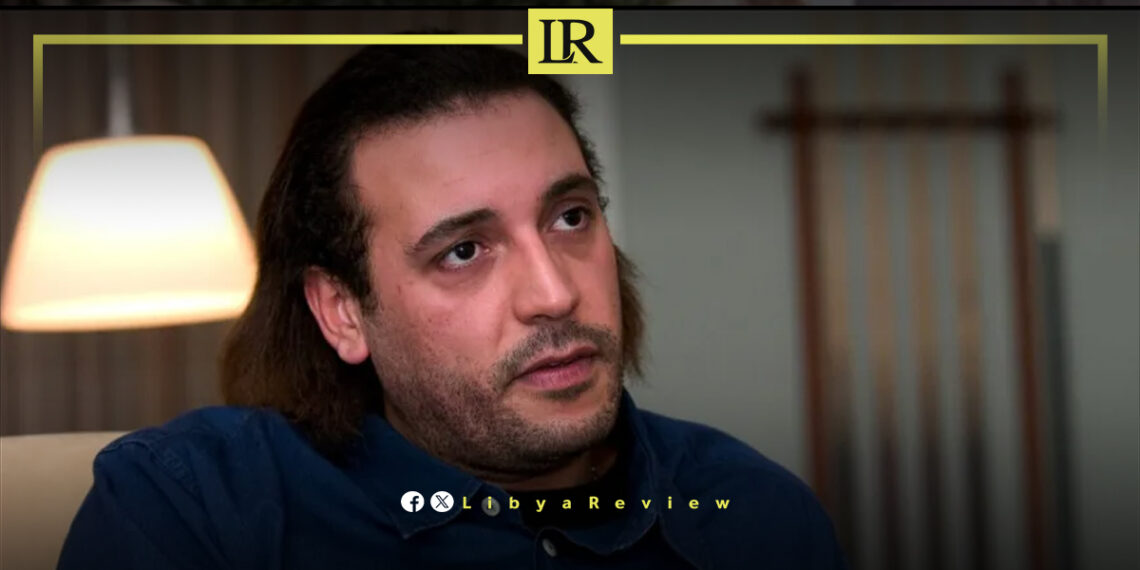Lebanon has released Hannibal Gaddafi, the son of the late Libyan leader Muammar Gaddafi, after ten years in detention, marking the end of one of the most sensitive and politically charged cases between the two countries.
In an official statement on Thursday, Libya’s Government of National Unity (GNU) confirmed that the Lebanese authorities had lifted both the travel ban and the $11 million bail requirement previously imposed on Gaddafi. The government described the move as the result of “dedicated diplomatic efforts” carried out within a legal and humanitarian framework that upholds the dignity of Libyan citizens.
Tripoli expressed its appreciation to the President of Lebanon and the Speaker of the Lebanese Parliament for their cooperation and understanding, noting that the decision to release Gaddafi reflects “the spirit of brotherhood and the historic relationship between the Libyan and Lebanese peoples.” The GNU added that the development would help restore confidence between the two nations and strengthen future judicial cooperation.
The release came just days after a high-level Libyan delegation visited Beirut, led by Minister of State for Communication and Political Affairs Walid Al-Lafi, accompanied by Deputy Minister of Justice Ali Ishtiwi and political adviser Ibrahim Dbeibah.
According to Lebanese and international reports, the delegation delivered to Lebanese judicial authorities official documents related to Libya’s own investigation into the 1978 disappearance of Imam Musa Al-Sadr, a move seen as pivotal in resolving the long-standing legal dispute.
Hannibal Gaddafi had been detained in Lebanon since 2015 in connection with the Al-Sadr case, despite being just two years old when the Shiite cleric disappeared in Tripoli during an official visit to Libya. His continued detention had drawn criticism from rights groups and sparked periodic diplomatic tensions between the two countries.
Libya’s government said the release “opens a new chapter” in relations with Lebanon and demonstrates both nations’ willingness to resolve disputes through dialogue and mutual respect.


